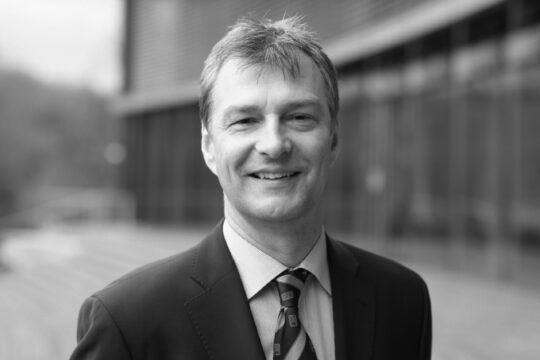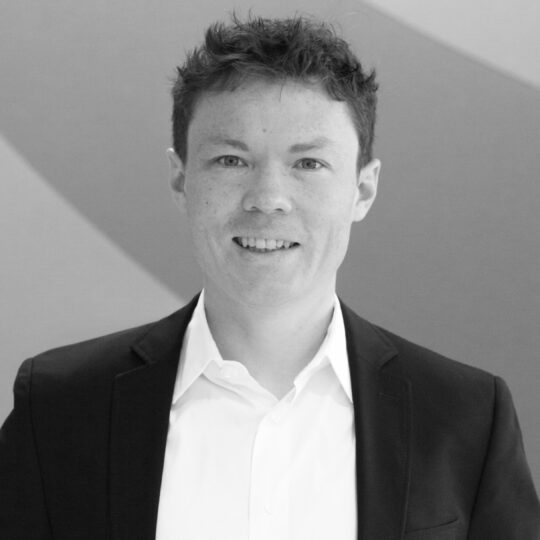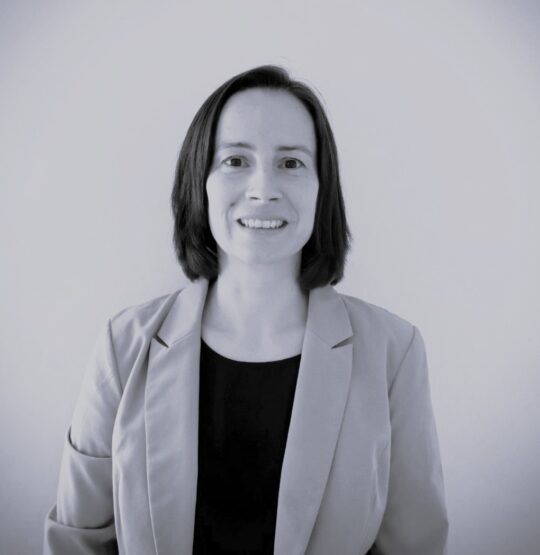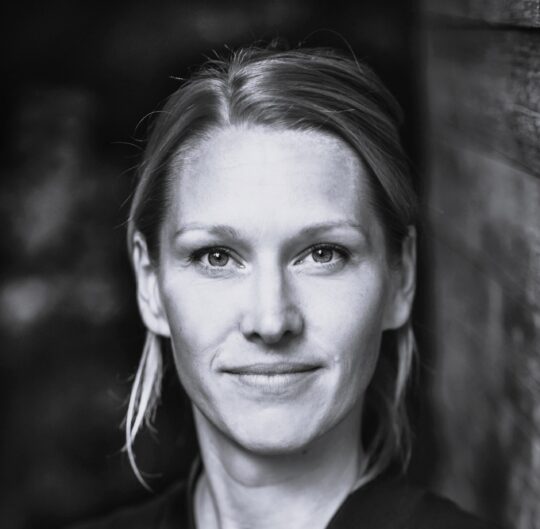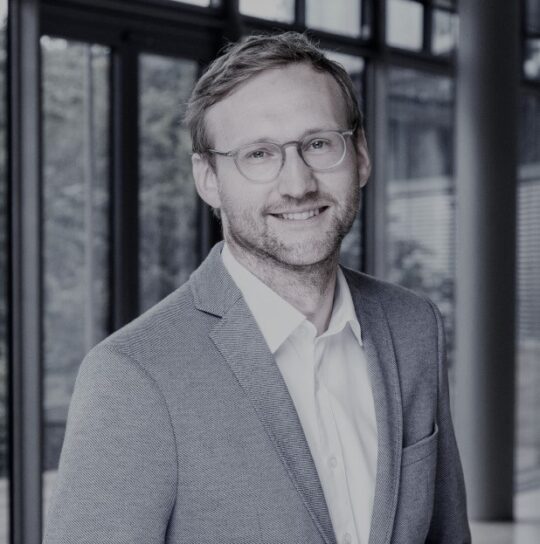Natascha S. Neudorfer is a Professor of Political Economy at HHU–Düsseldorf. Previously, she was an Associate Professor and Birmingham Fellow in International Security at the University of Birmingham. She holds a PhD in Political Economy from the University of Essex.
Prof. Neudorfer is an expert in comparative civil war and corruption research. She has an extensive background in research design, inferential statistics and machine learning, qualitative and mixed-methods approaches.
At the DIID, her interest lies in using quantitative text analysis and supervised machine learning (in combination with practitioner engagement) to prevent corruption and civil war.



